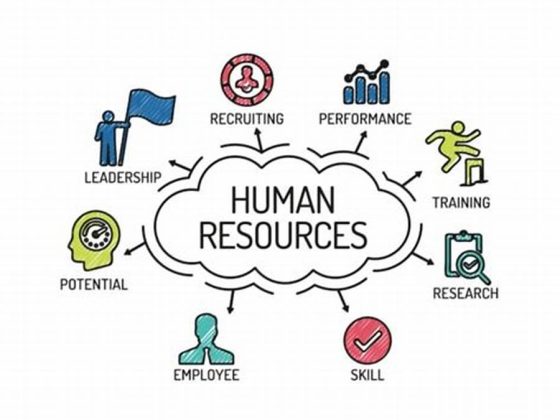In recent years, the conversation around gender diversity on corporate boards has gained momentum globally, including in Nigeria. While some progress has been made, there is still much to be done to achieve a balance that reflects the diversity of the workforce and society as a whole.
What Is Gender Diversity on Corporate Boards?
Gender diversity on corporate boards refers to the inclusion of both men and women in decision-making positions within a company’s board of directors. A balanced board not only promotes equality but also brings diverse perspectives to the table, which can lead to better decision-making and improved corporate performance.
The Current State in Nigeria
In Nigeria, women are still underrepresented on corporate boards. While some companies have made strides toward improving diversity, many boards remain male-dominated. This gap is often attributed to societal norms, gender biases, and a lack of deliberate policies to promote inclusion.
Why Gender Diversity Matters
- Better Decision-Making: Studies have shown that diverse boards tend to make more informed and balanced decisions, as they benefit from a variety of viewpoints and experiences.
- Improved Corporate Performance: Companies with gender-diverse boards often report higher profitability and better financial outcomes. Diversity fosters creativity and innovation, which are essential for business success.
- Enhanced Reputation: Organizations that prioritize gender diversity are often seen as progressive and inclusive, which can attract top talent and investors.
- Reflecting Society : Nigeria is a diverse country, and corporate boards should reflect this reality. Including women in leadership positions ensures that decisions are more representative of the population.
Challenges to Achieving Gender Diversity
Despite the benefits, several challenges hinder gender diversity on Nigerian corporate boards:
- Cultural Norms: Traditional beliefs about gender roles continue to limit women’s opportunities.
- Lack of Mentorship: Women often lack access to mentors and networks that can help them advance in their careers.
- Bias in Recruitment: Recruitment processes may unintentionally favor men over women for board positions.
What Can Be Done?
- Policy Changes: Companies should adopt policies that encourage gender diversity, such as setting targets for female representation on boards.
- Mentorship Programs: Creating mentorship opportunities for women can help them build the skills and confidence needed for leadership roles.
- Awareness Campaigns: Educating organizations about the benefits of gender diversity can help challenge biases and change attitudes.
- Government Support: The government can play a role by introducing regulations or incentives to promote diversity in corporate leadership.
CONCLUSION
Gender diversity on corporate boards is not just a matter of fairness—it is a smart business decision. Nigerian companies that embrace diversity stand to benefit from improved decision-making, better performance, and a stronger reputation. Achieving this goal requires collective effort from businesses, policymakers, and society at large. The time to act is now.








